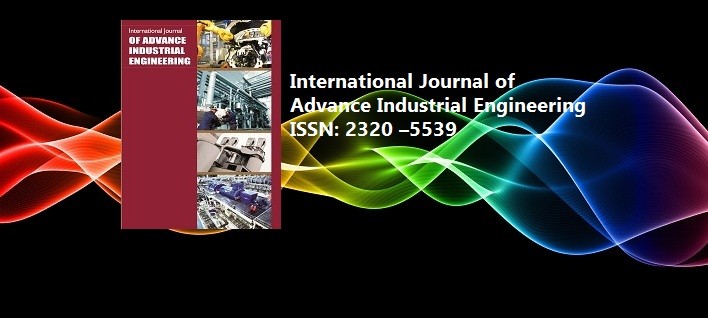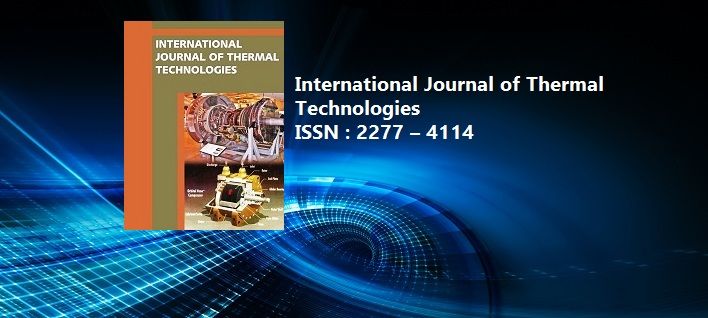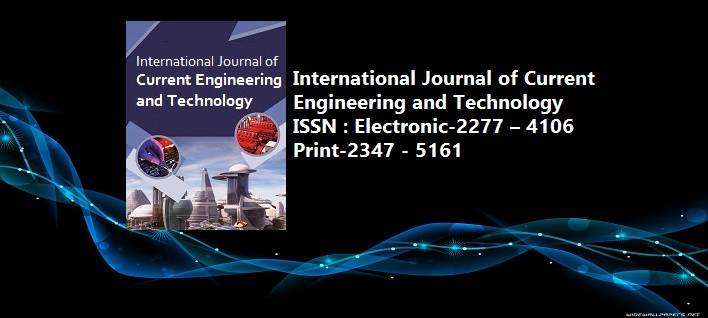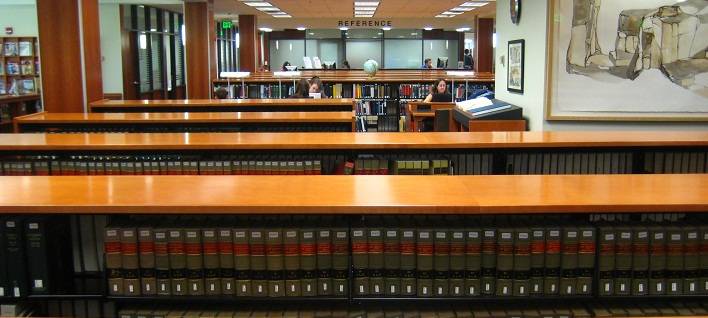Influence of the Tunnel Defect in Al 6061-T651 welded by FS on the Bending, Tensile, and Stress Concentration Factor
Pages : 1515-1522
Download PDF
Abstract
Friction Stir Welding (FSW) is a very effective technique mainly to join the Aluminum alloys that faced a difficulty when welding in the classic methods due to the occurrence of defects. Even though FSW has some disadvantages, as heat input plays a very important role in occurrences of these flaws. Heat input during this process is dependent on many factors like FSW parameters, such as (rotational and transverse speeds), tool design (pin geometry, pin and shoulder diameters, etc.) and axial force. Certain variations in welding parameters generate defects in the weld due to improper heat input. In this paper, several efforts were investigated to study the effects of various types of tunneling in friction stir welding (FSW) with different variables i.e. tool rotational speed (1120, 560 and 1400) rpm with welding speed of (50, 16 and 125) mm/min respectively to weld Aluminum 6061-T651 and a tool that has a 6mm diameter pin of 5.8mm height, and 24mm shoulder diameter with concave angle of 2.5O. The tunnel defect at friction stir welding was examined under these parameters and investigated implementing the bending and tensile tests as well as the determination stress concentration factor via a Finite Element method using (ANSYS software) The important conclusions found for the present study are that the tunneling was observed in at the welded zone, when applying a rotational speed of (1400, 1120) rpm, and Traveling at (125, 50) mm/min. But there were not any defects in samples welded at (560) rpm, the Travel speed of (16) mm/min. Also, the FSW best results were obtained at 560rpm and 16mm/min, according to the outcome of the tensile test which showed that at the above variables the strength increased by (65%). The fracture of the specimens welded by FSW occurred in the heat affected zone (HAZ) on the advancing side. The softest zone in the FSW joints is due to significant coarsening of the precipitates. Most of the FSW weldments produced the U-shape during bending test. The highest Bending force of 3.6 KN was achieved at the mentioned speeds as well.
Keywords: Friction Stir Welding, Tunnel hole, Bending test, Finite element method, ANSYS, stress concentration factor, Aluminum alloy 6061
Article published in International Journal of Current Engineering and Technology, Vol.7, No.4 (Aug-2017)



















 MECHPGCON, MIT College of Engineering, Pune, India
MECHPGCON, MIT College of Engineering, Pune, India AMET, MIT College of Engineering, Pune, India
AMET, MIT College of Engineering, Pune, India International Conference on Advances in Mechanical Sciences
International Conference on Advances in Mechanical Sciences  International Symposium on Engineering and Technology
International Symposium on Engineering and Technology International Conference on Women in Science and Engineering
International Conference on Women in Science and Engineering




